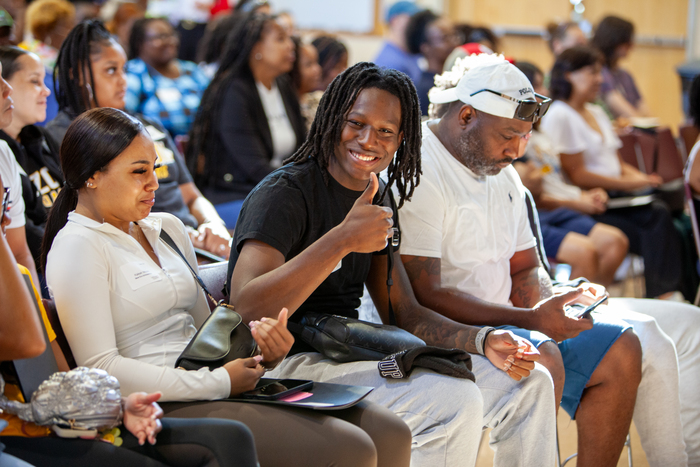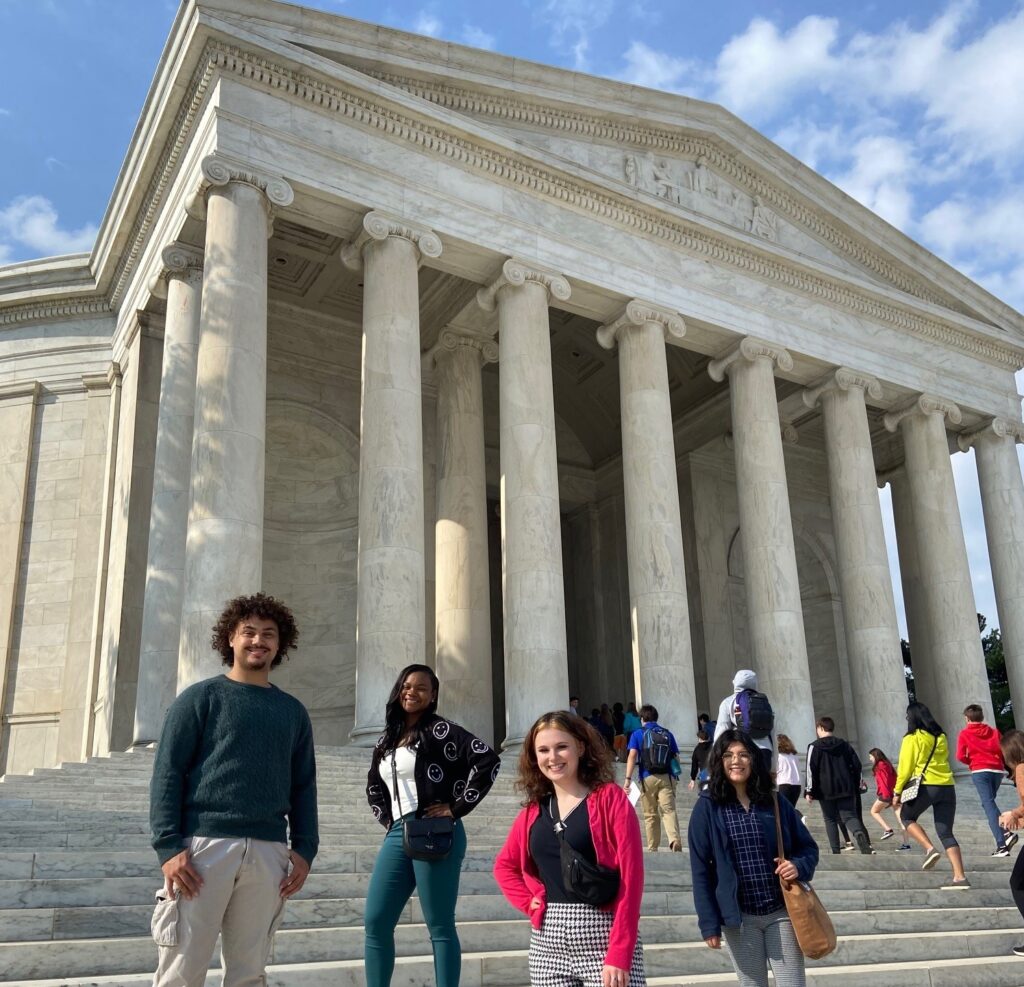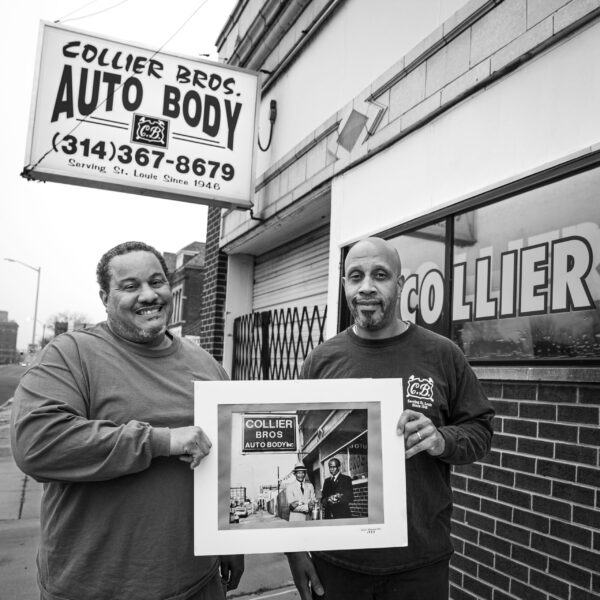
Among the many programs presently targeted for elimination or surgical hatchet is Federal Work Study. For me, hearing the vapid chatter about the program’s “effectiveness” was like a catapult back to 1979.
So it took me a minute to find this photograph, though I had no doubt that I would. This is me, on the left, at my college graduation in 1982. I am standing next to Sophia Vasquez, called “Sophie” by most. Sophie had just awarded my diploma, which I seem to be tightly clutching.
Sophie was not the Dean or Chair or Provost or commencement speaker. Rather, she was the secretary of the departments of political science, anthropology and sociology. It was in that office that I had a work study job, which mostly consisted of making photocopies and retrieving books from the library and such.
I was on full financial aid at Johnston College of the University of Redlands. I graduated high school in three years in a hurry to grow up, but my anxiety to finish college in three years was because there was no limit to the number of credits I could take as a full-time student. If I hurried, I’d spend less and I’d have to borrow less.
In addition to my work study job on campus, I tutored an eighth grader and worked front desk at a gym. I know plenty of students today who do the same, piecing together multiple jobs to make ends meet while enduring public officials who label programs like work study as ineffective “handouts.”
Sophie was flexible about which hours I worked. I had to get the work done on time, but she trusted me to set a schedule that fit my other responsibilities. She knew I worked hard and wasn’t looking for handouts. She would have never thought, nor said, that I should have “skin in the game” (presently popular vernacular for the inference that financial aid pampers students).
But here’s the part that brings tears to my eyes when I think of plans to sabotage the work study program.
Sophie would order box lunches to be delivered for department meetings (which I did not attend). Almost always, she would mistakenly order an extra or she would lament the professor who was a no-show or tell me that the caterer delivered more than she ordered. Every time, we would go through this little drama in which she would discover the mistake, wonder what to do, and then ask me if I could take home the extra. I was too proud to ask, but I was hungry. She knew.
If you were trying to measure the effectiveness of that program, I’m not sure what metric would capture the value of nutrition, kindness and respect, or the lessons Sophia Vasquez taught me. I could not begin to count the number of meals I happen to buy for hungry students in any given year, because I know full well I will never repay my debt.
– Faith Sandler




